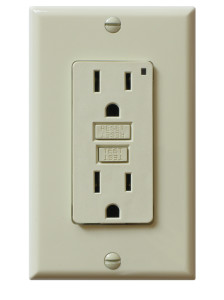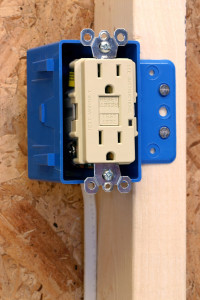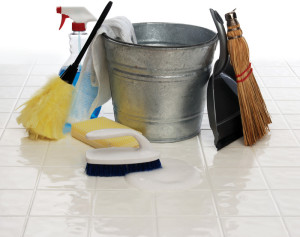Creating the Right Homework Environment in Bryant and College Station
 As you search the internet for “proven effective” homework and study habits, conspicuous by its absence is any solid information on what constitutes good homework lighting.
As you search the internet for “proven effective” homework and study habits, conspicuous by its absence is any solid information on what constitutes good homework lighting.
But that, as it turns out, isn’t necessarily a bad thing. According to a study conducted at the University of Michigan, there is no absolute “best lighting” that all budding scholars should adhere to. Rather, the study concludes that your own eyes are best able to determine the best lighting for you, as defined as being as productive as possible with the least amount of glare and resulting eye strain.
Are your kids’ eyes more likely to get tired faster with dim or an abundance of light? The answer is “yes,” as in, it depends on each child. Still, we know you’re looking for some kind of general guidelines, and here’s what we recommend:
- It’s easier on the eye to read printed paper than words on a computer screen. So, in general, encourage your kids not to overly rely on their Kindles, iPads, or laptops to read homework assignments, especially when that same information is readily available in print.
- You can control the amount of glare on a computer screen in a couple of ways: where you place the computer in relation to the homework room’s main light source, and the brightness control feature of your monitor. This is a trial and error process, but one well worth undertaking.
- Most people agree that incandescent lighting is softer and easier on the eyes than compact fluorescents, so it only makes sense to have your kids study and complete their assignments using lamps or lighting fixtures with incandescent bulbs.
- In the daytime, use shades and drapes to limit the amount of outdoor light and glare impacting the homework area.
As you consider these and other tips for creating an ideal homework setting, it might occur to you that no such area exists inside your home. An area, that is, that provides students with adequate lighting, the tools they need to complete their assignments, an absence of noise and distractions, and so on.
At The AC Store, we can help, especially when it comes to:
- Computer and network wiring
- Installing new outlets and switches
- Installing new overhead lights
Contact McKinzie Heating & Air today for any home electrical, heating, air conditioning, or indoor air quality need.









